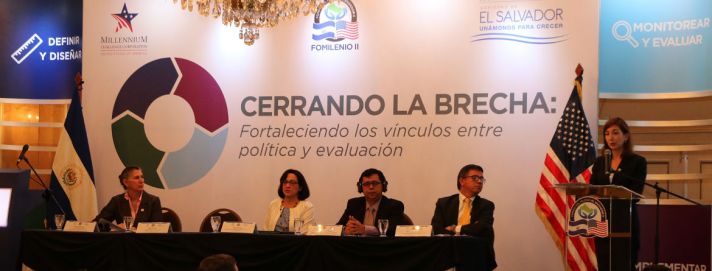Marc Elias is the Chair of the law firm Perkins Coie. You know that firm because that firm hired Fusion GPS, then Christopher Steele, the former British spy that eventually gave us that funky Trump dossier.
 Elias and Podesta
Elias and Podesta
The Democrat National Committee paid Perkins Coie at least $7 million for legal work on the matter of Fusion GPS. Not to be overlook, the Obama campaign (OFA) also paid Perkins Coie almost $1 million in 2016 for ‘legal services’. Oh, and the Hillary for America paid Perkins Coie $5.1 in 2016 ad the DNC paid Perkins Coie $5.4 million in 2016.
Sidebar: (the wife of a Fusion GPS employee, Shailagh Murray, who previously worked for the Washington Post went on to work in the Obama White House as a communications adviser. Murray is married to Neil King, who formerly worked for the Wall Street Journal, the very place and time that Glenn Simpson of Fusion GPS was there. And those back channels just keep open with high traffic of shady people…
During some testimony….the FBI general counsel, James Baker revealed that Michael Sussman, a former DoJ lawyer was the point person that got a thumb drive that had documents related to Russian interference of the election and hacking. Sussman..well yes works at Perkins Coie.
Famed lawyer and legal professor, Jonathan Turley had an item from October of 2017 that read in part: Here is the nut of the report:
Okay now that we have that part covered, let us move on to Kamala Harris shall we? When she launched her presidential campaign, she needed a lawyer. Yup, she hired Marc Elias. He came with high recommendations from Hillary as Elias worked for her campaign and he also worked for the John Kerry presidential campaign. Elias represents the Democratic Senatorial Campaign Committee, the Congressional Committee and oh yeah, the Democratic Governors Association. Pssst, he also represented Al Franken and his 2008 senate campaign.
Elias is the legal fixer.
During the two highly contested races in Florida including the senate race and the governor race….guess who Marc Elias represented? Yes, Andrew Gillum and Bill Nelson, the democrats and both had to concede. Elias was again the shady lawyer that pulled all the levers for making absentee ballots, mismarked ballots and irregular ballots get counted.
He is the loud voice behind the repeated headlines that the Republicans support voter suppression of youth voters. Hence part in parcel the reason there is a new debate of lowering the voting age. If you just read his Twitter feed, you will see how he plants the seeds of new voting laws. He does have a cool dog though named Bode.
Shortly before the 2016 election, billionaire left-wing donor George Soros gave at least $5 million to Elias and his firm to challenge what left-wing activists allege to be restrictions that deter Democrats and left-wing constituencies from voting, such as photo identification requirements at polling places. In early 2017, Elias joined the board of Priorities USA as it was announced that the organization would begin focusing on similar work. Soros also contributed $5 million to the Priorities USA super PAC during the 2018 election cycle.
Important Thread https://t.co/lxvZTnDK20
— Marc E. Elias (@marceelias) April 23, 2019
Elias recently had a 5 minute Q&A. Of note is the following:
What law would you change, abolish or create?
I would enact universal voter registration and otherwise modernize our voting laws.How has the practice of representing public officials, parties and organizations evolved over the years?
The field of political law has grown dramatically in size since I started, and has changed dramatically. What was once a side-practice for a handful of lawyers is not a fully-fledged specialty. We now deal with so many more issues than just campaign finance. We need to advise on intellectual property, business law, leases, employment law, and litigation — to name a few areas. As campaigns grow in size so do their legal needs.Who is your legal hero?
I have a deep and abiding respect for my mentor and fellow Partner at Perkins Coie, Bob Bauer, who literally invented this area of the law.
Sheesh Bob Bauer was a White House lawyer and private attorney for Barack Obama. At that time there were at least three cases of note. 1) the whole Obama/Blagojevich case 2) letters written to TV stations forbidding them from running ads that tied Obama to Bill Ayers and Weather Underground and then 3) the Tony Rezko affair.
Another sidebar: Bob Bauer’s wife is Anita Dunn, who also worked in the Obama White House. For those with a short memory, she was the one who said she admired Mao Zedong….
Ah, so now we have a major Federal investigation in Illinois….no real surprise there except this has to do with the new Governor, J.B. Pritzker. The federal criminal investigation is for a dubious residential property tax appeal that critics highlighted in last year’s gubernatorial race. Those details are here.
Oh…guess who is the lawyer of record for Pritzker? SURPRISE it is….Marc Elias. Can you imagine the case files he has on democrats and their nefarious actions?








